 TheBend: A fusion of insights from creative professionals, discussing concepts of the artistic Mind Body and Soul. The Bend dives deeper through a broad range of grounded topics often questioned by dancers and creative professionals, with a foremost reminder to be present in the process.
TheBend: A fusion of insights from creative professionals, discussing concepts of the artistic Mind Body and Soul. The Bend dives deeper through a broad range of grounded topics often questioned by dancers and creative professionals, with a foremost reminder to be present in the process.
 TheBend: A fusion of insights from creative professionals, discussing concepts of the artistic Mind Body and Soul. The Bend dives deeper through a broad range of grounded topics often questioned by dancers and creative professionals, with a foremost reminder to be present in the process.
TheBend: A fusion of insights from creative professionals, discussing concepts of the artistic Mind Body and Soul. The Bend dives deeper through a broad range of grounded topics often questioned by dancers and creative professionals, with a foremost reminder to be present in the process.The artists’ mind is complex, and the task at hand for a dancer is taxing physically and mentally. Even the “best of the best of the best” can impair their work when the mind is not strong enough to handle what the role requires. Although stress and fear can sometimes be great motivators to succeed, can living with a lack of confidence actually sabotage success? On the opposite end of the spectrum, when does an elevated ego start to hurt the growth and awareness of an artist? Is there a balance of power between the two that can provide a healthy place for an artists’ mind and ego to live?
In Malcom Gladwell’s book “The Outliers”, he discusses how some people can reach success over their peers primarily on confidence alone; the idea of “fake it till you make it”. For artists, and dancers specifically, we are engrained at such a young age with the philosophy that “the work can always be better”, “the foot can be more pointed”, “higher leg”, and the list goes on. Confidence can be deflated daily. We open ourselves up to criticism, and then we can get into a rut of believing that our flaws are actually who we are, and even all that we are. Gladwell also discusses the definition of the term “expert” in his novel, and ironically dancers of the world qualify many times over. So shouldn’t being labeled “expert” go hand-in-hand with confidence? Gladwell states, “It takes 10,000 hours of practice to be an expert in a field.” With that statistic in mind, it would take approximately 5 years of dancing professionally full-time to be considered to have mastery in the dance world. Now that isn’t even taking into account the years spent training prior to landing a contract. That being said, the dance world is full of so-called “experts”. Yet even with that label, do top shelf dancers in the professional world lack of confidence? Master Certified Coach, Lynne Goldberg, answers that with a solid, “Yes!” but continues, “it isn’t JUST dancers who deal with this. All people, no matter what profession, deal with a lack of confidence at some point. The difference is that dancers start (intense training) at such a young age they may not even know who they are as a person yet, let alone how to strive for so-called perfection. Criticism starts very early in training as well as the drive to succeed in a very competitive world.” The problem doesn’t stop once a young dancer succeeds in landing a job. “Even the most elite professional dancers in the world are rarely satisfied with a performance, and many have gremlins.” In coaching terms, a gremlin, is a habit that begins early on in life, typically as a recurring thought of “I’m not good enough, smart enough, talented enough, etc.” The gremlin most often begins as a trusted advisor to excel and work in the best possible way. It is after the fears of competition and comparison that these thoughts and feelings become an actual gremlin, and the trick is to develop a plan in managing them.
Dancer with Ballett Basel, Frank Fannar Pedersen agrees. “I think most of us (dancers) have some kind of confidence issues, I can say without hesitation that I have.” Frank is in his 2nd season with Ballett Basel and has noticed first hand how the pressure of proving yourself in a company is a constant battle. “We try to be a perfect version of something that may not even exist, and it (confidence) can make a huge impact on our career and growth within a company.”
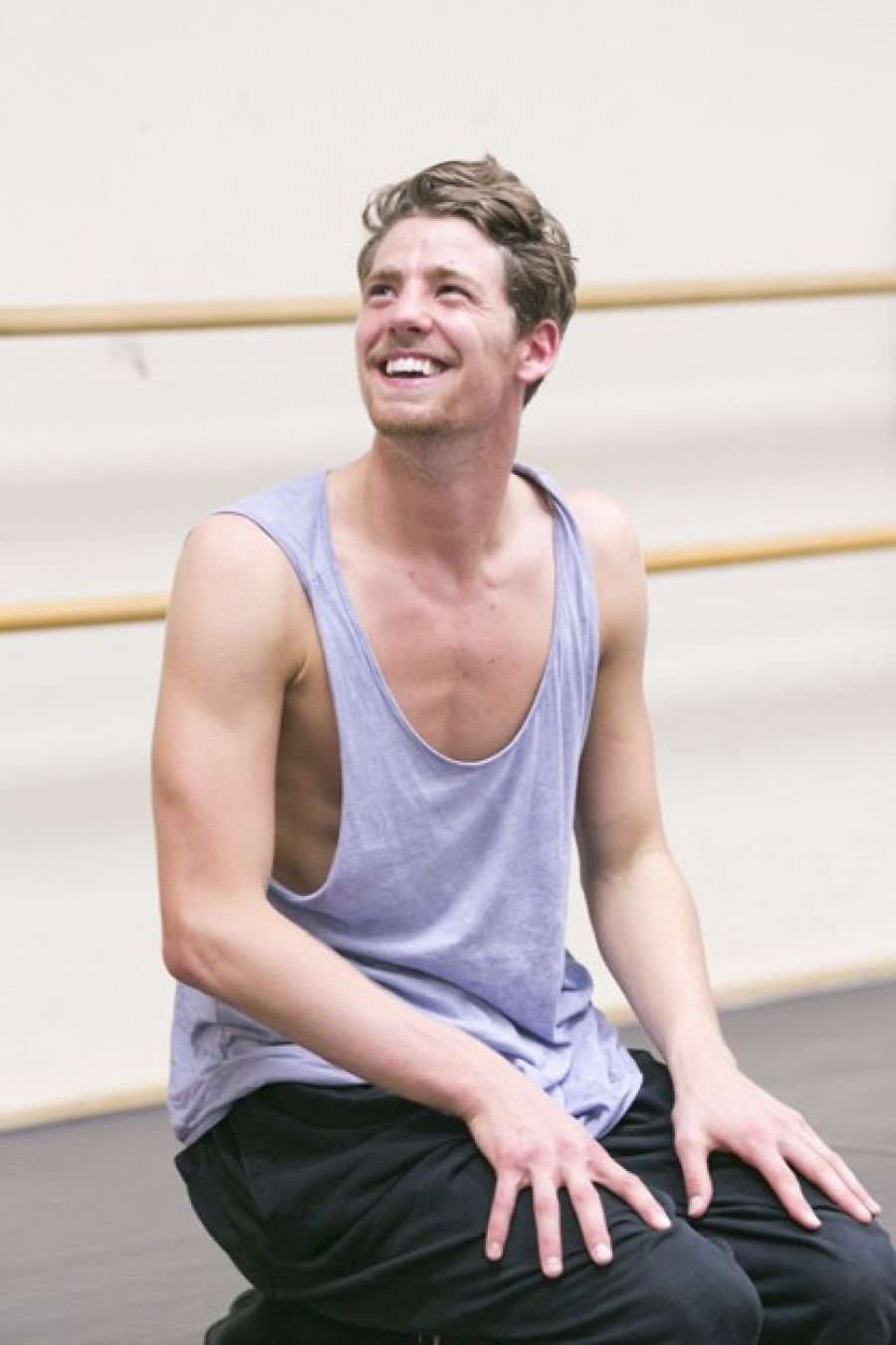
How can one take action to develop a plan for personal confidence? Goldberg continues, “Although it can be challenging, I do believe you can do the work on your own. A good place to start is with reading books on spirituality, self-help, and confidence. See what seems to resonate with you.” She recommends The Four Agreements by Don Miguel Ruiz. For Pedersen, he finds that taking a more emotional approach to his work, instead of physical or mental, has helped. “I try to be open to new things, try not to judge myself unrealistically and find a way to enjoy the struggle of not always knowing. Most importantly I believe in the power of hard work.”
If there is an opportunity to work with a coach directly, it can really make a dramatic positive impact. Goldberg, who is based in NYC, works with professional dancers all over the world, many exclusively via phone sessions. Not only is confidence a hot topic, but also aging, career paths, career transitions, and so on. “If there is a challenge in your life, in the way of your serenity, I believe it is worth it to invest in working with someone who can ask the right questions and work on a strategy to move forward in a positive direction.”
Now before you walk into the studio Monday loud and proud with your new tricks to self-love, lets be aware of the detriment of over excelling in your confidence skill set. Shankar Vedantam, a science correspondent for NPR, warns in his Dec 1st, 2015 NPR broadcast, “When we become dogmatic to a fault we can actually inhibit growth… research even shows that being labeled an expert can change the way our minds work.”
Most people have experienced a colleague or choreographer who has a little bit of this ‘problem’, and we know how it makes us feel… frustrated, inadequate, and annoyed. Have you even been that person to others? Vedantam warns, “Being anointed an expert can also make you more rigid, and less willing to embrace other points of view.” Art and dance is not stagnant- it is in a constant state of growth and development. Seemingly, there is a risk that experts may plague and inhibit creativity. Goldberg points out, “If you stop learning, you are not an expert. Even at the highest pedigree in a field, the big picture is about learning, and the motivation to learn does not correlate with a lack of confidence. Confidence is the ability to see beyond the very busy mind and to be the best you can be. It is a belief in oneself, ones ability to succeed and persevere, a comparison to our thoughts about us. It is generally arrogance of ego that is often grandiosity on one end of the spectrum and low self esteem on the other.” Lynne refers to this unbalance as, “easing grace out, easing god out, easing goodness out.”
Once again, finding balance is the key and guides us to a place where we can practice our passion in a more grounded place of self-love. We are all fundamentality similar, and it is up to us to do the work. Dancers invest so much in keeping the body in top shape, massages, physical therapy, and cross training. Still, the health of the physical body is not our most valuable tool. It is just as important to make sure our mind is in top shape, as well. Just because the audience doesn’t physically see an artists’ mental health, it should carry the same value. Ask yourself where you fit into the spectrum of a healthy ego; self-reflection on the balance of your personal confidence may truly enhance your work and your experience. Don’t be afraid to have the courage to ask for help or seek professional guidance. Challenge yourself to dive a little deeper and to be present in the process.
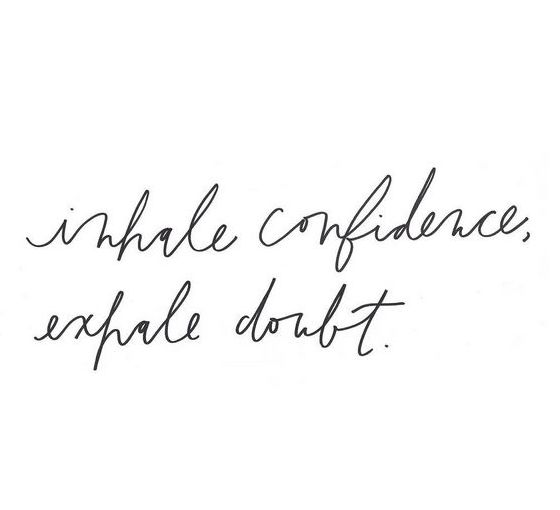
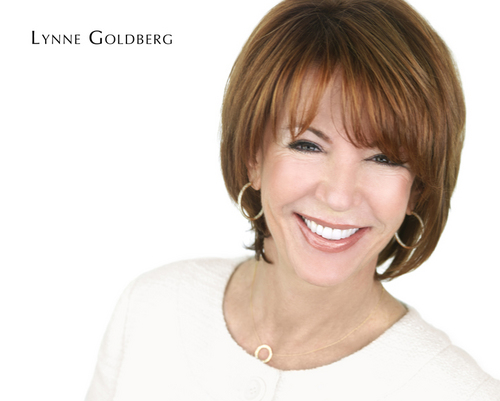

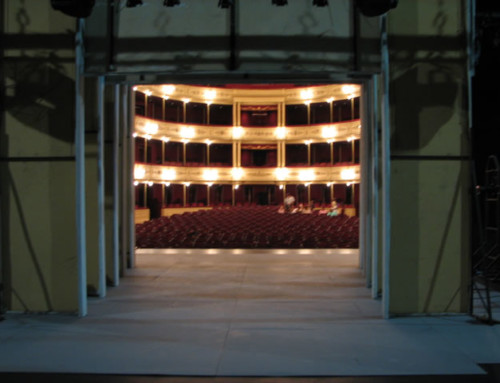
![2 Months: Delicious Ambiguity [SOUL]](https://interviewenlair.com/wp-content/uploads/2016/08/Gilda_compressed-500x383.jpg)
![3 Months [BODY]: Physicality Lost?](https://interviewenlair.com/wp-content/uploads/2016/07/FullSizeRender-e1468597884195-500x383.jpg)
![4 Months: Gratitude [SOUL]](https://interviewenlair.com/wp-content/uploads/2016/06/If-the-music-500x383.jpg)
![5 Months [MIND]](https://interviewenlair.com/wp-content/uploads/2016/05/Identity-500x383.jpg)
Love your article! Very important and relevant topic..it’s so hard to find the balance in a field that always seems to demand the impossible from you !
Again, excellent writing. You have a talent for clarifying both sides of the issues at hand